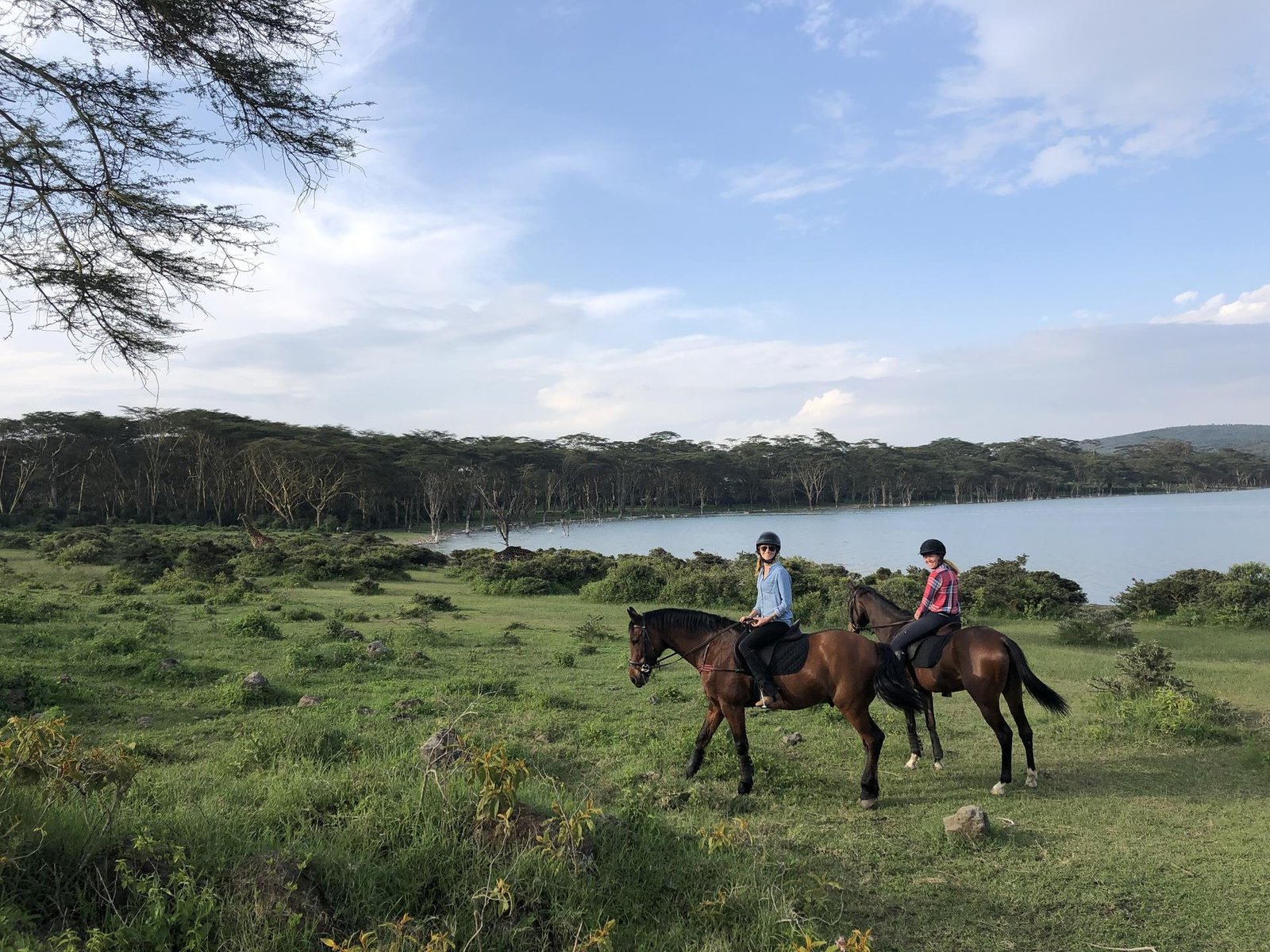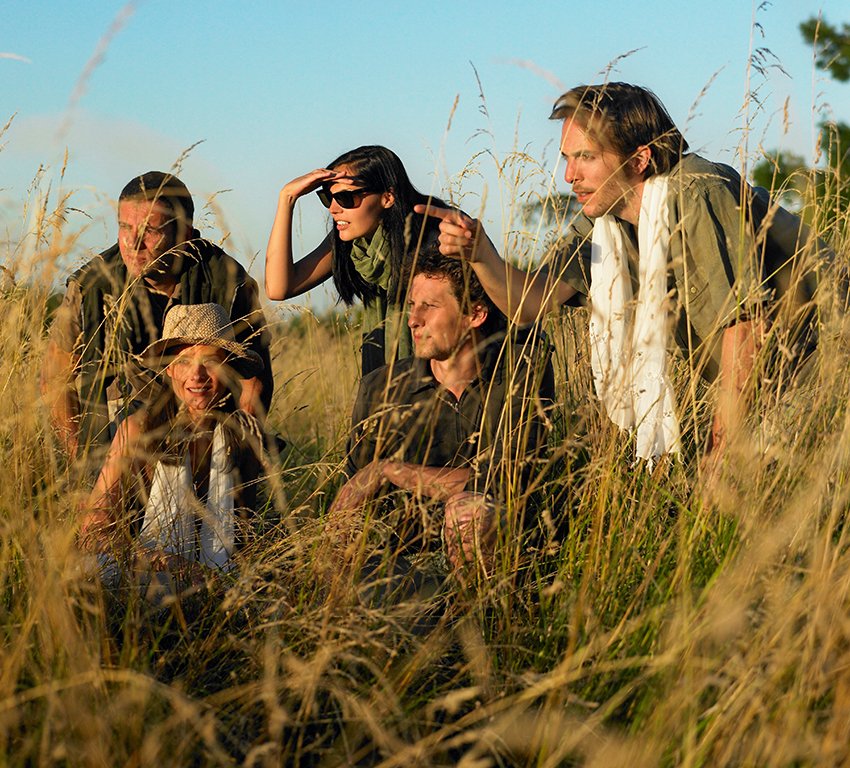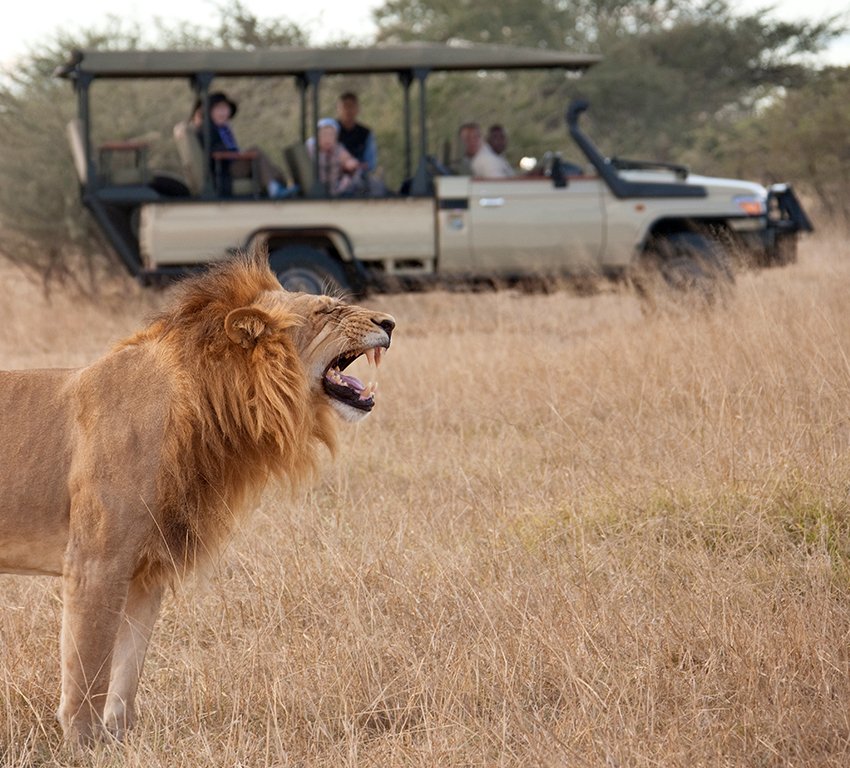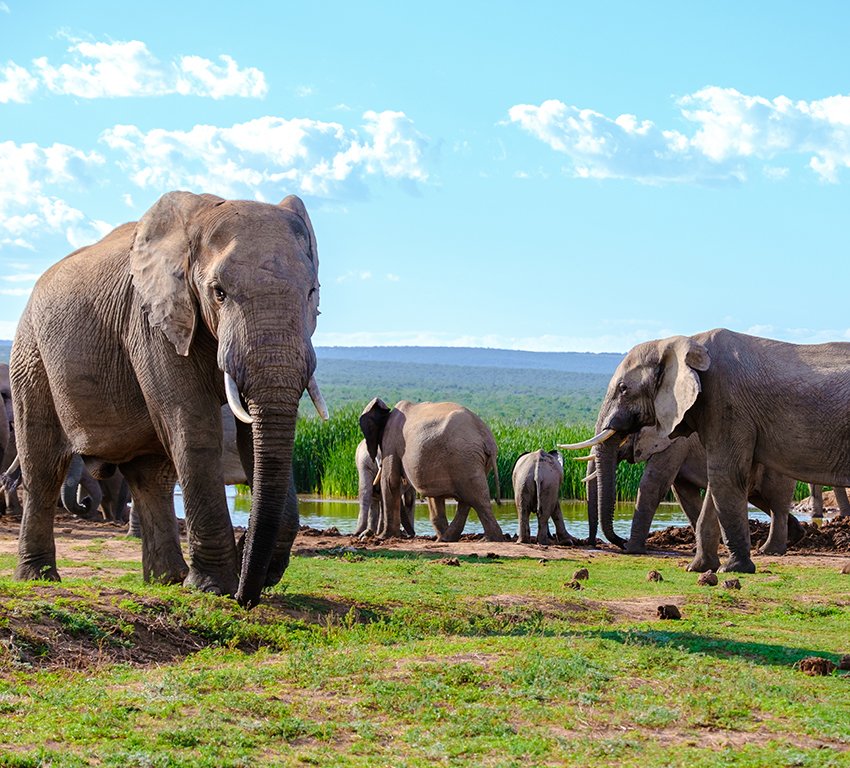Optimal Nutrition for Your Mountain Climb
Prior to embarking on any mountain ascent, it’s paramount to prioritize proper nutrition to meet your body’s demands. Ensuring that you consume adequate calories to fuel your climb and maintaining a well-rounded diet is essential. Here’s a guide to help you make the right dietary choices:
Caloric Intake: Consume sufficient calories to provide the energy required for the climb. Opt for a variety of foods, emphasizing good protein sources, complex carbohydrates, antioxidant-rich fruits and vegetables, and fiber-rich whole grains.
Hydration: Adequate fluid intake is crucial. Aim to drink 2 liters of water per day before your climb, increasing it to 3 to 4 liters daily during the ascent. Start hydrating well in advance of your climb.
Diet and Fitness: Commence your dietary and fitness regimen as early as possible, as they complement each other in ensuring good hiking health.
Nutrient-Rich Choices: Choose nourishing foods and beverages as they provide energy for muscles, enhance endurance, aid muscle recovery, and reduce the risk of injury. Additionally, a well-balanced diet supports a robust immune system, reducing the likelihood of illness.

Fruits & Vegetables: Opt for brightly colored varieties such as yellow, orange, dark green, and red fruits and vegetables, as they provide essential vitamins A and C. Freshly squeezed fruit juice is preferable to concentrate.
Carbohydrates: Stock up on carbohydrates, including whole wheat pasta, rice, bread, cereals (low in sugar), corn, barley, and oats. Prioritize whole grains for their superior nutritional value, fortified with vitamins, minerals, and fiber.
Protein: Protein is essential for muscle repair and contains vital minerals like zinc, iron, and magnesium. Include lean meats, fresh oily fish, beans, lentils, nuts, seeds, and tofu in your diet.
Dairy or Alternatives: Milk or soy milk (or suitable alternatives) supply calcium, vitamins A, D, and B12, protein, and healthy fats. Calcium and Vitamin D support bone density, crucial when carrying a backpack for extended periods. Opt for low-fat dairy options.
Hydration: Climbing Mount Kilimanjaro is an endurance test, making hydration imperative. Begin with well-hydrated body as you’ll lose fluid during the climb. Consume ample fluids before pre-climb training, during training, and afterward to replace lost fluid. Be cautious of electrolyte loss through sweating, and some sports drinks can help replenish these lost electrolytes. However, drinking 3 to 4 liters of water daily during the climb should suffice.

Supplements: While supplements can be considered, consult your GP for guidance, as essential vitamins and minerals should ideally come from your daily food intake. A high-quality multivitamin is a recommended supplement.
By adhering to a balanced and nutritious diet, you’ll ensure your body is well-prepared for the demands of climbing Mount Kilimanjaro, enhancing your chances of a successful and enjoyable ascent.













